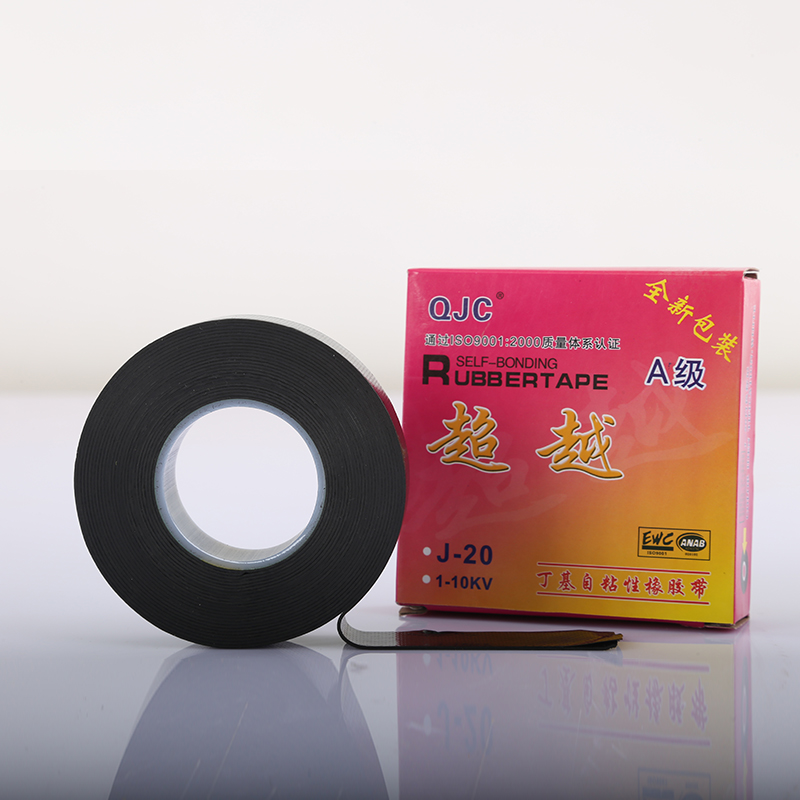Butyl Rubber Waterproofing A Comprehensive Solution for Enhanced Durability
Waterproofing is a critical aspect of construction and maintenance that ensures the longevity of structures and protects them from water-related damages. Among various waterproofing materials available, butyl rubber stands out due to its superior properties and versatility. This article delves into the characteristics, applications, advantages, and best practices for using butyl rubber in waterproofing projects.
Understanding Butyl Rubber
Butyl rubber, a synthetic rubber, is produced through the polymerization of isobutylene with isoprene. Its unique composition offers remarkable resistance to moisture, chemicals, and temperature variations, making it an ideal choice for waterproofing applications. The material remains flexible even at low temperatures, which enhances its performance in various environmental conditions.
Key Properties of Butyl Rubber
1. Water Resistance One of the most significant characteristics of butyl rubber is its exceptional impermeability to water. It creates a barrier that effectively prevents moisture infiltration, protecting structures from leaks and potential damage.
2. Chemical Resistance Butyl rubber exhibits resistance to a wide range of chemicals, including acids, bases, and solvents. This property makes it suitable for use in industrial settings where exposure to harsh substances is common.
3. Durability The longevity of butyl rubber is another advantage. It can withstand extreme weather conditions, UV radiation, and aging, ensuring that waterproofing solutions remain effective over time.
4. Flexibility Butyl rubber maintains its flexibility even in cold temperatures, which helps it adapt to building movements and prevents cracking or splitting.
5. Adhesion This material adheres well to various substrates, including concrete, metal, and wood, ensuring a strong bond that enhances the overall effectiveness of waterproofing systems.
Applications of Butyl Rubber Waterproofing
Due to its impressive properties, butyl rubber is utilized in a multitude of waterproofing applications
1. Roofing Butyl rubber membranes are commonly used in roofing systems, providing reliable protection against rain and moisture. They can be applied in new constructions as well as in the repair or retrofitting of existing roofs.
butyl rubber waterproofing

2. Foundation Waterproofing Butyl rubber is ideal for waterproofing foundations and basements. It prevents water infiltration from the ground, mitigating the risk of structural damage and mold growth.
3. Pipelines and Tanks In industrial settings, butyl rubber coatings can be applied to pipelines and storage tanks, offering protection against leaks and corrosion.
4. Bridges and Decks Waterproofing bridge decks with butyl rubber helps extend their lifespan by preventing deterioration caused by water ingress and freeze-thaw cycles.
5. Swimming Pools Butyl rubber liners are a popular choice for waterproofing swimming pools, providing a durable barrier against water loss and chemical erosion.
Advantages of Butyl Rubber Waterproofing Systems
The benefits of employing butyl rubber for waterproofing are numerous
- Cost-Effectiveness While the initial investment may be higher than traditional waterproofing materials, the longevity and minimal maintenance requirements of butyl rubber result in lower lifecycle costs.
- Ease of Installation Butyl rubber membranes are relatively easy to install, reducing labor costs and project timelines. They can be applied using various methods, including adhesive bonding and mechanical fastening.
- Sustainability As manufacturers increasingly adopt eco-friendly practices, many butyl rubber products are designed to be more sustainable, contributing to greener building practices.
- Versatility Butyl rubber can be used in various forms—liquid, sheet, or tape—allowing for tailored solutions to meet specific project needs.
Conclusion
In an era where environmental sustainability and durability are paramount in construction, butyl rubber waterproofing offers a reliable and effective solution. With its unparalleled water resistance, chemical resilience, and adaptability, it emerges as an ideal choice for diverse applications ranging from residential to industrial projects. Choosing butyl rubber for waterproofing not only enhances the longevity of structures but also contributes to overall cost savings and environmental protection. As the construction industry continues to evolve, investing in advanced materials like butyl rubber is crucial for ensuring sustainable and durable building practices.
-
XIANGFAN Rubber Tape-Ultimate Solutions for All Your Insulation NeedsNewsJun.24,2025
-
XIANGFAN Rubber Tape-Protection for Industrial and Residential ApplicationsNewsJun.24,2025
-
XIANGFAN Rubber Tape: Superior Safety and Sealing for Demanding EnvironmentsNewsJun.24,2025
-
XIANGFAN Rubber Tape: Reliable Solutions for Every Electrical ChallengeNewsJun.24,2025
-
XIANGFAN Electrical & Industrial Tape: Powering Reliability Across IndustriesNewsJun.24,2025
-
XIANGFAN Electrical & Industrial Tape: Excellence in Every ApplicationNewsJun.24,2025
